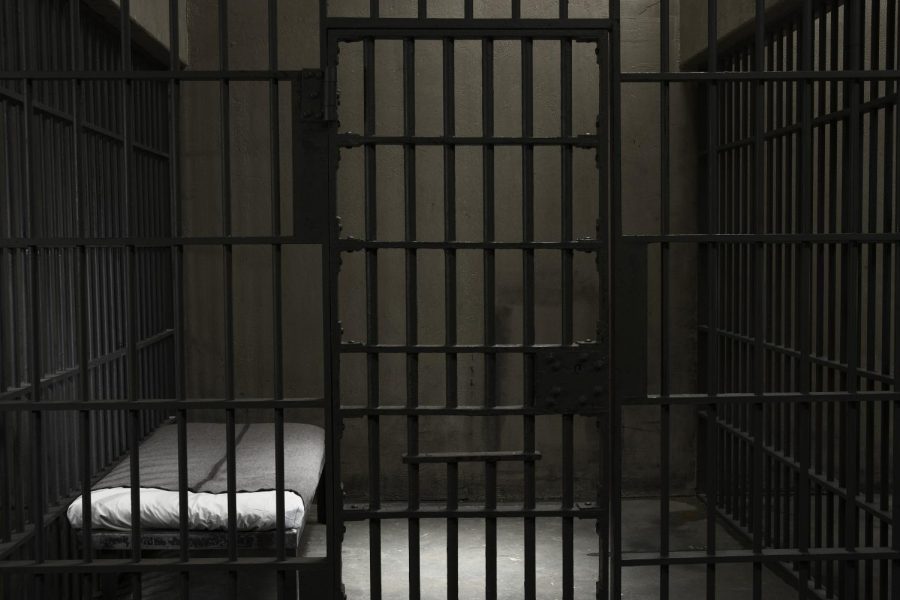The death penalty needs to be abolished in all 50 states
An empty prison cell.
October 14, 2021
The tragic murder of Gabby Petito in Wyoming and the subsequent manhunt for her fiancé Brian Laundrie, a person of interest in the murder, have captivated the nation. There has been talk of the death penalty for whoever is charged and convicted of Petito’s murder since the case falls under Wyoming’s jurisdiction and capital punishment is legal there. But while this case is tragic and whoever committed this crime needs to face the consequences, I am against the death penalty in not only this case but as a practice in the United States.
“For thousands of years, many societies have used it (the death penalty) for serious crimes and also not-so-serious crimes,” said Daniel McConkie, a professor at NIU’s College of Law.
While capital punishment has existed in the United States since its foundation, the amount of executions has declined since the mid-20th Century, and more states have abolished the death penalty. Currently, 23 states no longer have capital punishment, as well as Washington D.C., and the states of California, Oregon and Pennsylvania currently have gubernatorial moratoriums meaning that all executions have been commuted to life imprisonment while the death penalty still remains in effect.
Among these states is Illinois, which abolished the death penalty in 2011. But this means that 24 states, the federal government and the United States military still allow it. But, between 1972 and 1976, the death penalty was ruled unconstitutional after the 1972 case Furman v. Georgia, in which the court ruled that state’s laws were administered in an “arbitrary and capricious” manner, violating the Eighth Amendment to the Constitution. This decision was reversed in 1976’s Gregg v. Georgia.
But the 1972 case had it right. The death penalty does violate the Eighth Amendment because the very nature of it is cruel and unusual.
However, I am not insensitive to why the penalty exists. It’s clear goal is to punish those convicted of a crime society deems worthy of death and to deter others from following a similar path. I know that if someone close to me was murdered, I would initially want that person to die.
But first reactions are often wrong. Death is too final, and it’s wrong to take anyone’s life, no matter what they’ve done. By establishing the death penalty, we make ourselves no better than the criminals we execute. Not only that — there is little to no evidence that the death penalty is a successful deterrent.
Many states have progressively moved away from the death penalty for several reasons, McConkie said. The three primary reasons have been that the penalty has been very expensive due to the complicated procedure and the appeals which can drag on for years as well as the fact that the penalty has a history of being racially disproportionate and being applied to people of color. Finally, and most disturbingly, the penalty has a shocking record of executing innocent people.
About 1% of all American prisoners are falsely convicted, according to the Innocence Project, a non-profit organization that is committed to exonerating prisoners through the use of DNA testing and collaboration with the Justice Department. The Innocence Project also reports that around 4.1% of death row inmates are innocent as well.
With the system being wrong 4.1% of the time, is the risk worth the satisfying feeling of revenge? I don’t believe so.
With nearly half of the United States still maintaining the death penalty and 2,591 people remaining on death row at the end of 2020, according to the Death Penalty Information Center, this outdated, ineffective and brutal punishment needs to be removed from a country that is better than that.
On Jan. 4, the Federal Death Penalty Abolition Act of 2021 was introduced in the House of Representatives, which, if enacted into law, would abolish the death penalty on the federal level. The bill has since been referred to the Subcommittee on Crime, Terrorism and Homeland Security. By encouraging our elected officials to push this bill through and to get it passed, the death penalty may prove to be a thing of the past.














